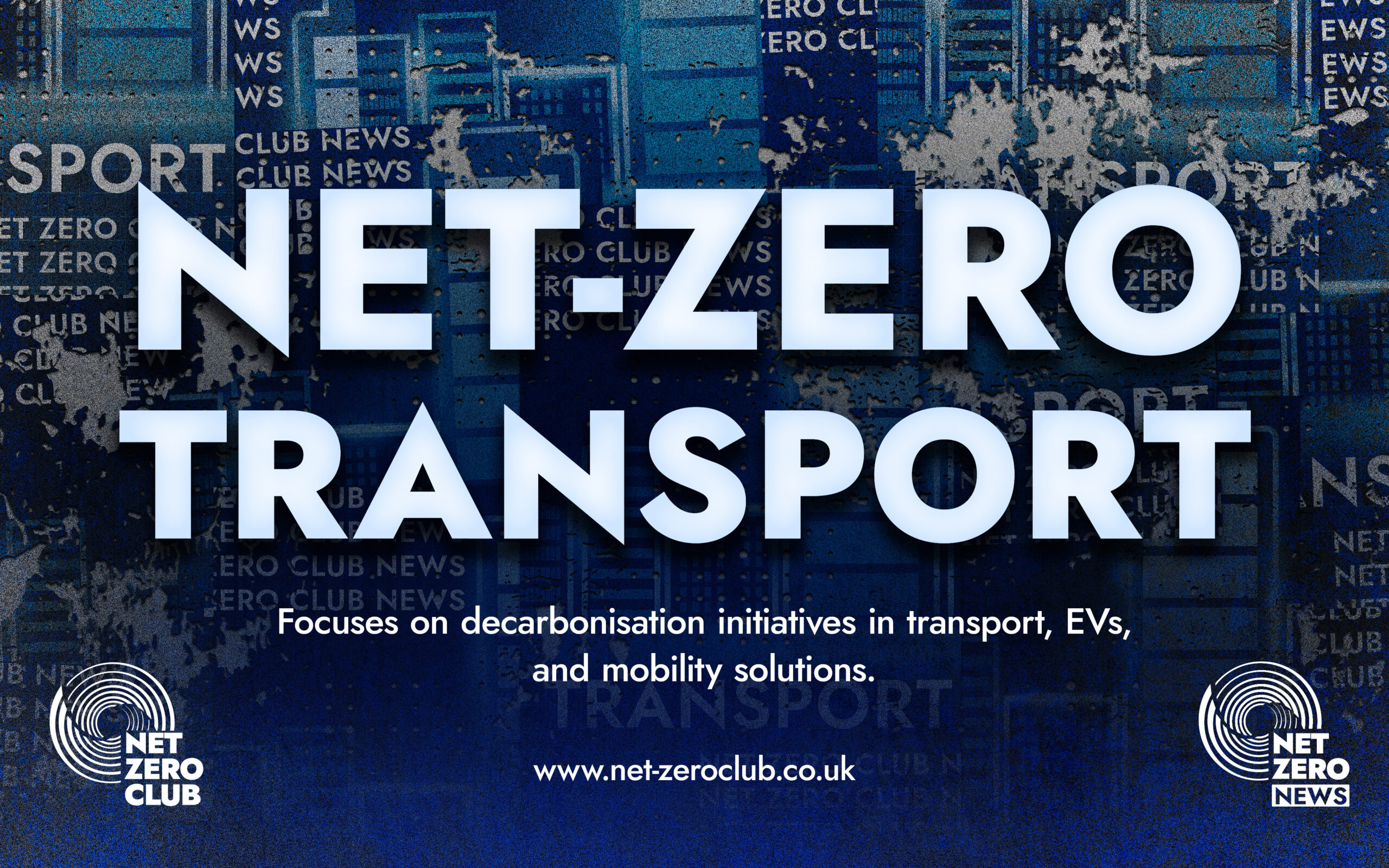Last Chance for EV Depot Charging Grant: Urgent Reminder for Businesses

Welcome, Net Zero News readers,
Fleet operators across the UK are facing a pivotal moment in the transition to sustainable transport, with an urgent call to action to secure substantial government support for electric vehicle (EV) charging infrastructure. The clock is ticking, and businesses have until 4.00pm on 28 November 2025, to apply for the Electric Vehicle Infrastructure (EVI) Depot Charging Scheme, which could provide up to £1 million in funding.
Naomi Nye, an electric vehicle expert at Drax Electric Vehicles, emphasises the importance of acting swiftly to take advantage of this funding opportunity. “Electrification is inevitable for fleets,” she states, “but the associated costs and lead times can pose significant challenges.” The EVI scheme is designed to alleviate some of these burdens by covering up to 75% of the costs incurred in installing EV charging infrastructure at depot sites, making it an essential resource for fleet operators.
However, the deadline is approaching rapidly, and with it comes the risk of missing out on this valuable support. Nye highlights, “This grant provides businesses with much-needed assistance, but deadlines are strict. All installation work must be completed by 31 March 2026, and applicants must act quickly to ensure they can meet this timeline.” The scheme may also close earlier if the available funding runs out, adding to the urgency for potential applicants.
The government-backed grant is accessible to a wide array of organisations, including public and private sector fleet operators, local authorities, and non-profit organisations, provided they have at least one year of operational history. To qualify, applicants must own at least one electric vehicle, have landlord consent for any depot upgrades, and ensure there is sufficient grid capacity at their site.
Funding under the EVI Depot Charging Scheme covers a comprehensive range of infrastructure elements. This includes not only the installation of charging points but also the necessary installation materials, civil works, and, where applicable, the costs associated with battery energy storage systems or solar installations. Each applicant can receive a maximum of £1 million across all locations, representing a significant investment in the electrification of commercial fleets.
“Businesses risk missing out on up to £1 million of support if they delay their applications,” Nye warns. The size and complexity of depot charging projects require careful timing, particularly when grid upgrades or site redesigns are necessary. “Installations need ample time for planning, lead times, and final completion. Those who delay may find themselves unable to finish installations before the deadline, even if they secure funding, due to high demand,” she explains.
Nye also advises that collaborating with experienced partners can greatly enhance the chances of successfully navigating the complexities of government funding. “Many operators, especially those new to depot electrification, may lack the in-house expertise needed to manage applications and avoid common pitfalls,” she adds.
Drax Electric Vehicles is one such partner, offering support throughout the entire process, from initial site assessments and technical planning to guidance on grant applications, installation oversight, and post-deployment optimisation. “We’re already assisting several customers in making their applications and anticipate this number will grow as the deadline approaches,” Nye reveals.
For those keen to learn more about the Depot Charging Scheme and how to apply, detailed information can be found online.
As we navigate this crucial transition towards a more sustainable future, it is imperative for fleet operators to seize opportunities such as the EVI Depot Charging Scheme. The financial backing and logistical support available through this programme can play a vital role in propelling businesses towards greener operations, contributing to the UK’s broader goals of achieving net zero emissions.
In conclusion, the electrification of transport is not just a trend but a necessary evolution in the fight against climate change. With government support available, the time to act is now. Whether you are a seasoned fleet operator or new to the world of electric vehicles, taking the steps to secure this funding could pave the way for a successful transition to a cleaner, more sustainable future.
Stay informed, stay engaged, and let’s work together towards a net zero future.

 Got net-zero news, project updates, or product launches to share?
Got net-zero news, project updates, or product launches to share? 

